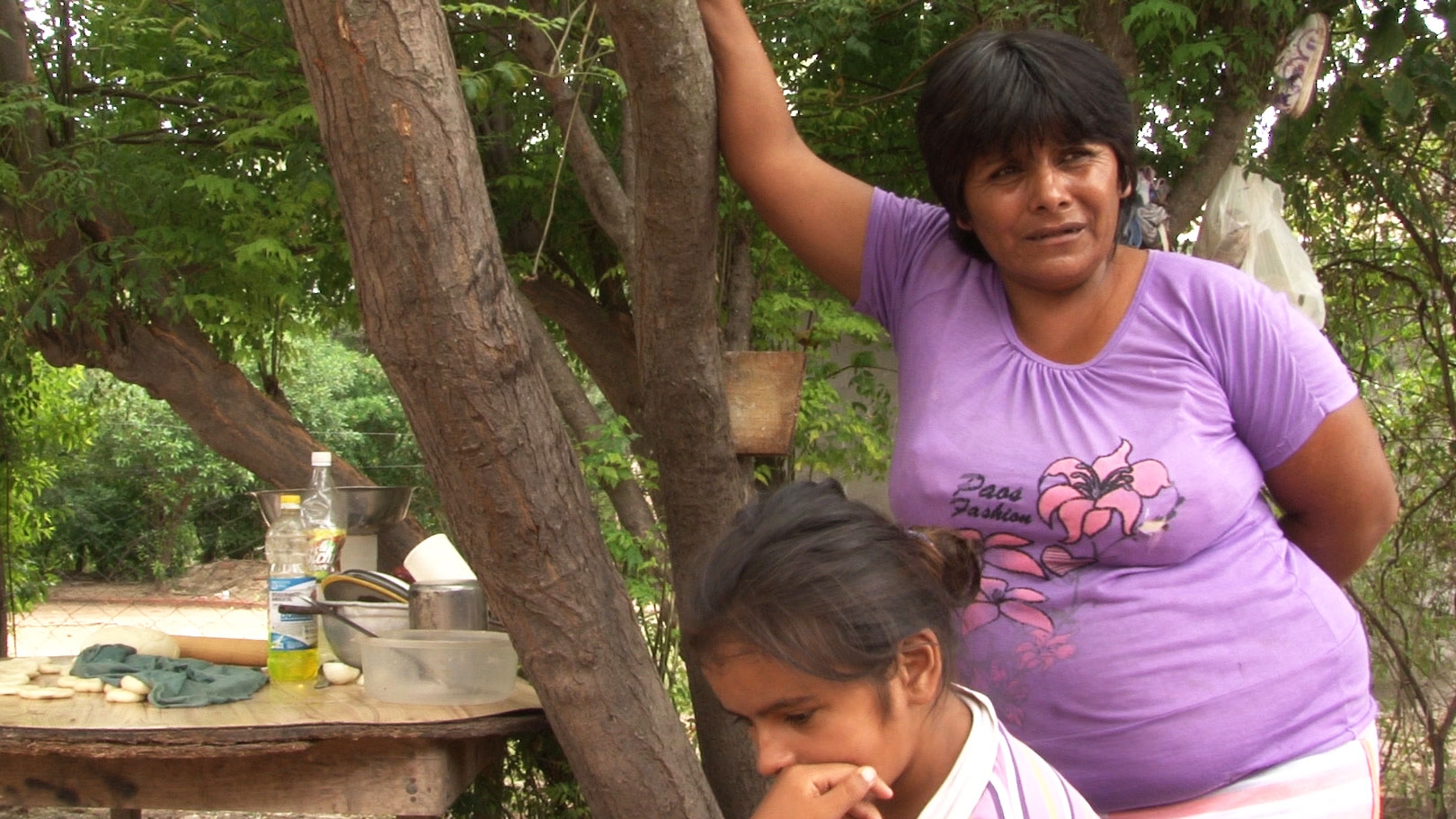A smoker and with overweight. This could be the identikit of the millions of people who cannot find a job. Besides being a problem for our wallet, unemployment can also lead to a more sedentary lifestyle that endangers health.
Long-term unemployment means a reduction in income, and consequently, produces important changes in our lifestyle: a less varied diet, reduced physical activity, delays in visiting a doctor or buying medicine, even possible symptoms of depression and anxiety that are reflected in cigarette smoking, poor sleep or increased alcohol consumption. An additional stressor is the uncertainty of not knowing how long the situation will last.
Several studies (s) around the world have sought to identify the impact of long-term unemployment on the health of those affected.
“The long-term unemployed tend to earn less once they find new jobs. They tend to be in poorer health and have children with worse academic performance than workers who avoided unemployment,” according to a study by the Urban Institute, Consequences of Long-Term Unemployment , which examines the impact of the 2008 crisis on the health of U.S. residents.
Patricio Márquez, lead health specialist at the World Bank, says that “although taxes and social transfer programs can help alleviate the consequences of long-term unemployment, a decline in household income due to unemployment directly reduces the amount and quality of goods and services that the worker’s family can purchase, and also worsens stress.”
Emotional impact
Latin America is no stranger to this phenomenon.
“My dream is to have a job. I feel bad not working right now. I don’t feel like doing anything,” said 46-year-old Teresa Coria, who lives in Argentina and for the past nine months has been unable to find stable employment. Her 24-year-old daughter is facing the same problem. Not having a job is also harmful to their self-esteem.
Experts agree that the region has entered a period of low growth and much of the progress achieved in areas such as health may be threatened by this slowdown.
According to the International Labor Organization (ILO), there are nearly 15 million unemployed people. However, the situation varies by country and the economic slowdown does not affect everyone equally.
While unemployment has not increased substantially, job creation has sharply declined, which limits work opportunities for younger workers. It is estimated that youth account for 40% of the region’s unemployed and that the unemployment rate among women is 30% higher than among men. An upcoming World Bank publication suggests that the bonanza of recent years did not contribute to creating jobs for the poorest 40% of the population.
With or without employment, Latin Americans are already familiar with bad habits: the lack of physical exercise is one of the leading risk factors for non-communicable diseases such as different types of cancer, hypertension and diabetes.
In fact, a sedentary lifestyle is responsible for one of every 10 deaths in the region. It is estimated that 130 million people in the region are obese, a figure that could reach 191 million by 2030, according to experts.
A longitudinal study published by the National Bureau for Economic Research (NBER), which followed the same people during two recessions in the U.S. —including the severe recession of 2008— found that although unemployment is only weakly associated with weight gain, it can have harmful effects on health since it decreases total physical exertion in the case of physically-demanding work (construction, for example) and since people engage in more sedentary activities, such as watching television or browsing the Internet.
The study also found that the unemployed were more likely to postpone routine medical visits or to take medications due to financial limitations or because they had lost their health insurance.
Even though global and regional evidence on the link between worsening health and unemployment is limited, experts are beginning to acknowledge the situation.
“We need a more clear understanding of the mechanisms underlying the loss of employment and how unemployment affects behaviors and health conditions, both during and after economic crises and during prolonged unemployment,” said Márquez.
“This type of knowledge is essential for developing evidence-based policies and programs to alleviate the effects of job loss, especially among those most vulnerable to economic and health crises, and to ensure that they are protected and supported during and after the crises,” the expert concluded.

